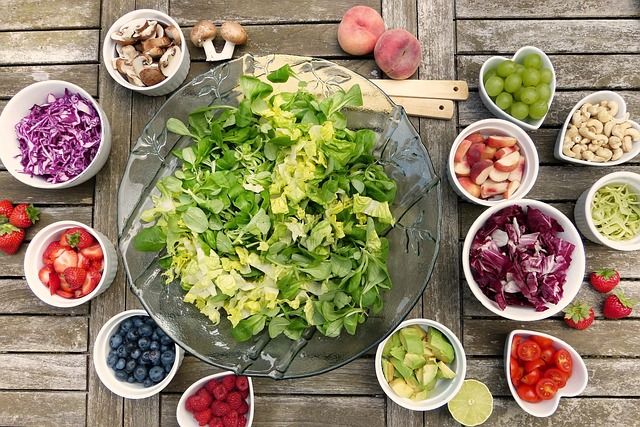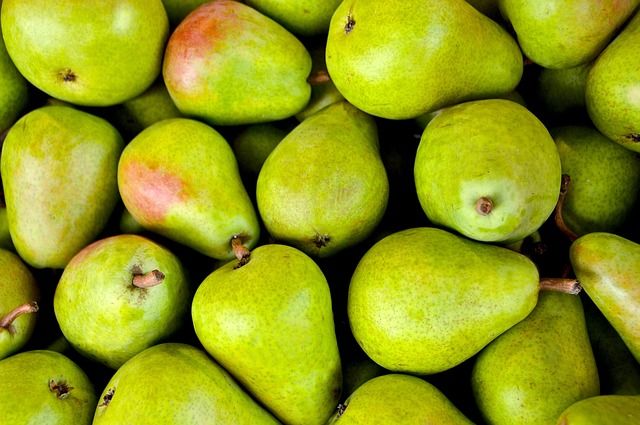Eating Healthy Food Tips

Eating a healthy diet is an important aspect of maintaining overall physical and mental well-being. A healthy diet can help you maintain a healthy weight, get enough essential nutrients, and reduce your risk of developing chronic conditions such as heart disease, diabetes, and certain types of cancer.

There are many different approaches to eating a healthy diet, and no one way is right for everyone. However, there are some general guidelines that can help you make healthy food choices.

Here are some tips for eating a healthy diet:
Focus on whole, unprocessed foods: These are foods that are in their natural state and have not been heavily processed or modified. Examples include whole grains, fruits, vegetables, nuts, seeds, and lean proteins such as chicken, fish, and tofu. These types of foods are generally more nutrient-dense and lower in calories, making them a good choice for weight management.

Eat a variety of foods: No single food provides all the nutrients your body needs, so it's important to eat a variety of different foods. This can help you get a wide range of nutrients, including vitamins, minerals, and antioxidants.

Limit added sugars: Added sugars are sugars that are added to foods and drinks during processing or preparation. These sugars are often found in sweetened beverages, baked goods, and processed snacks. Consuming too much added sugar can increase your risk of chronic diseases such as obesity and type 2 diabetes.

Choose healthy fats: Not all fats are created equal. Some types of fat, such as monounsaturated and polyunsaturated fats, can be beneficial for your health when consumed in moderation. These types of fats are found in foods such as nuts, seeds, avocados, and olive oil. On the other hand, trans fats and saturated fats should be limited, as they have been linked to negative health effects.

Practice portion control: Even healthy foods can contribute to weight gain if you eat too much of them. Pay attention to serving sizes and try to stick to recommended portions. It can also be helpful to use smaller plates and bowls to help you visually gauge appropriate portion sizes.

Plan ahead: Planning your meals and snacks in advance can help you make healthier choices and avoid impulse eating. You can prepare meals in advance and pack them for work or school, or make a list of healthy foods to have on hand for when you're short on time.

Drink plenty of water: Water is an essential nutrient and is necessary for your body to function properly. Aim to drink at least 8 glasses of water per day, and more if you are physically active or live in a hot climate.


Incorporating these healthy eating habits into your lifestyle can help you maintain a healthy weight and reduce your risk of chronic diseases. Remember, it's not about perfection – it's about making small, sustainable changes to your diet that you can stick to over time.


